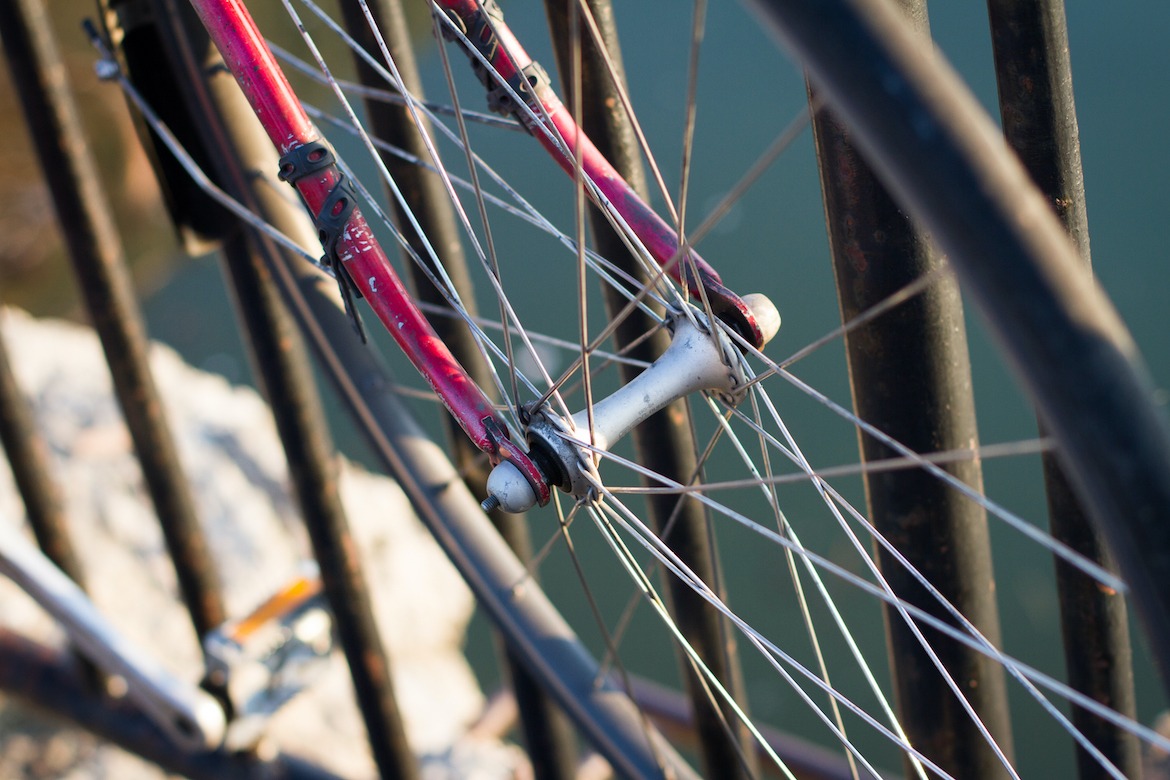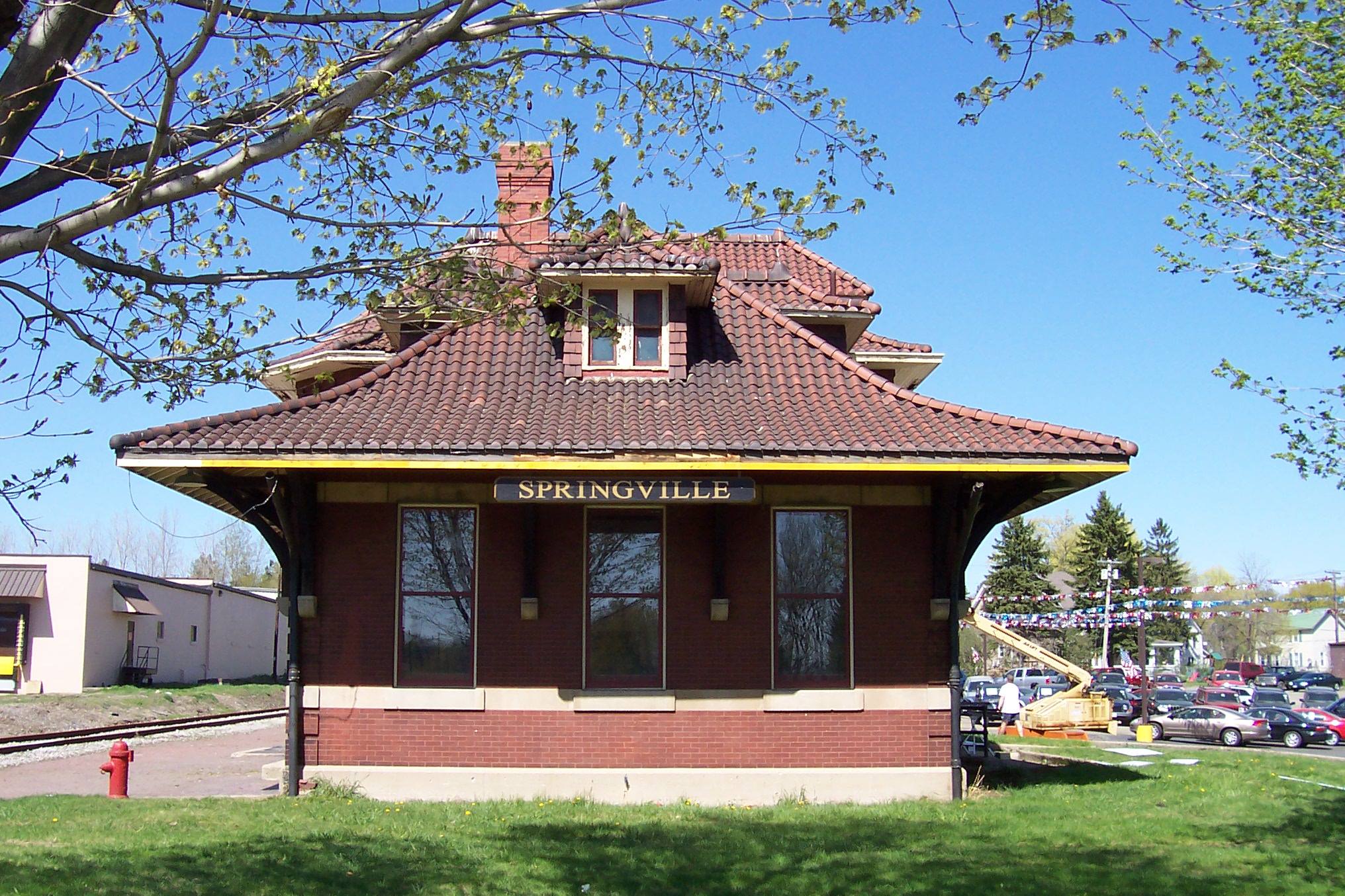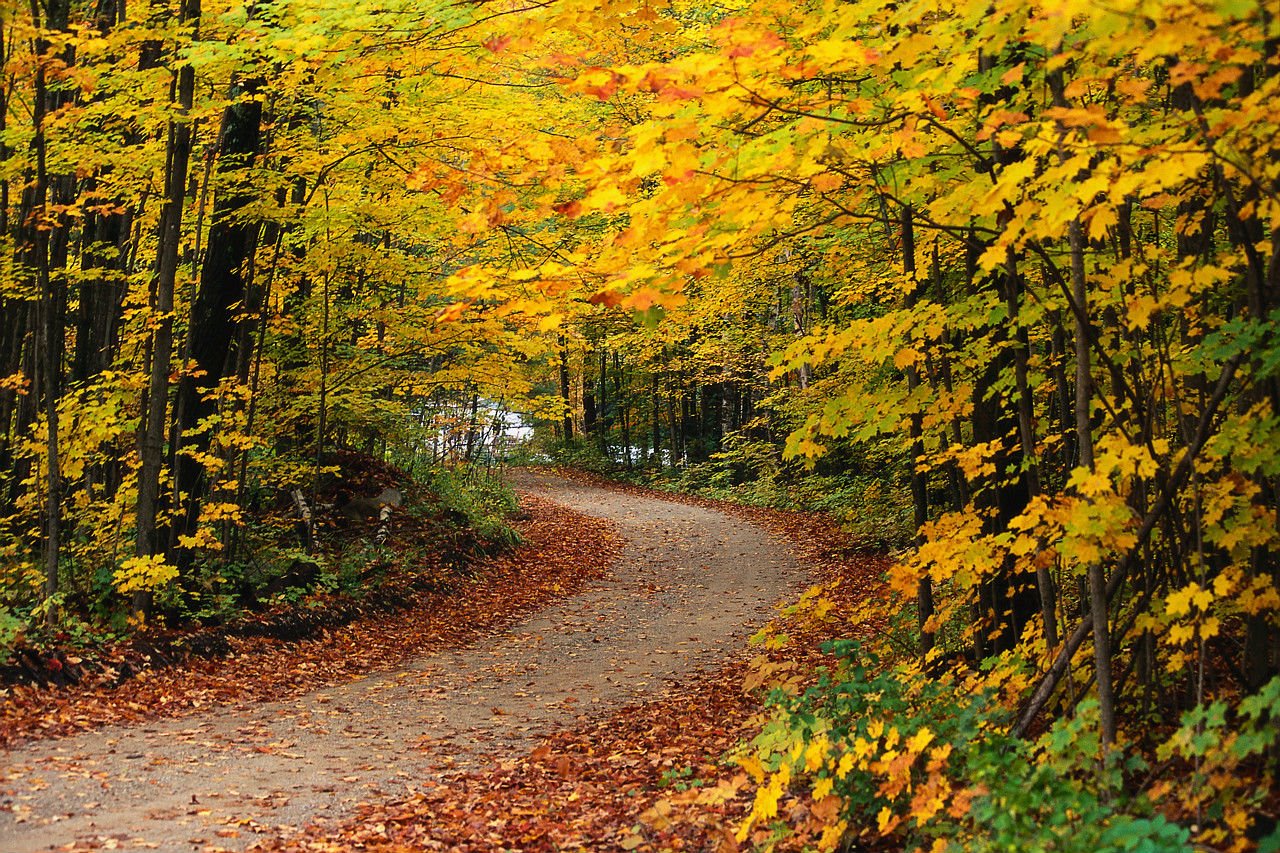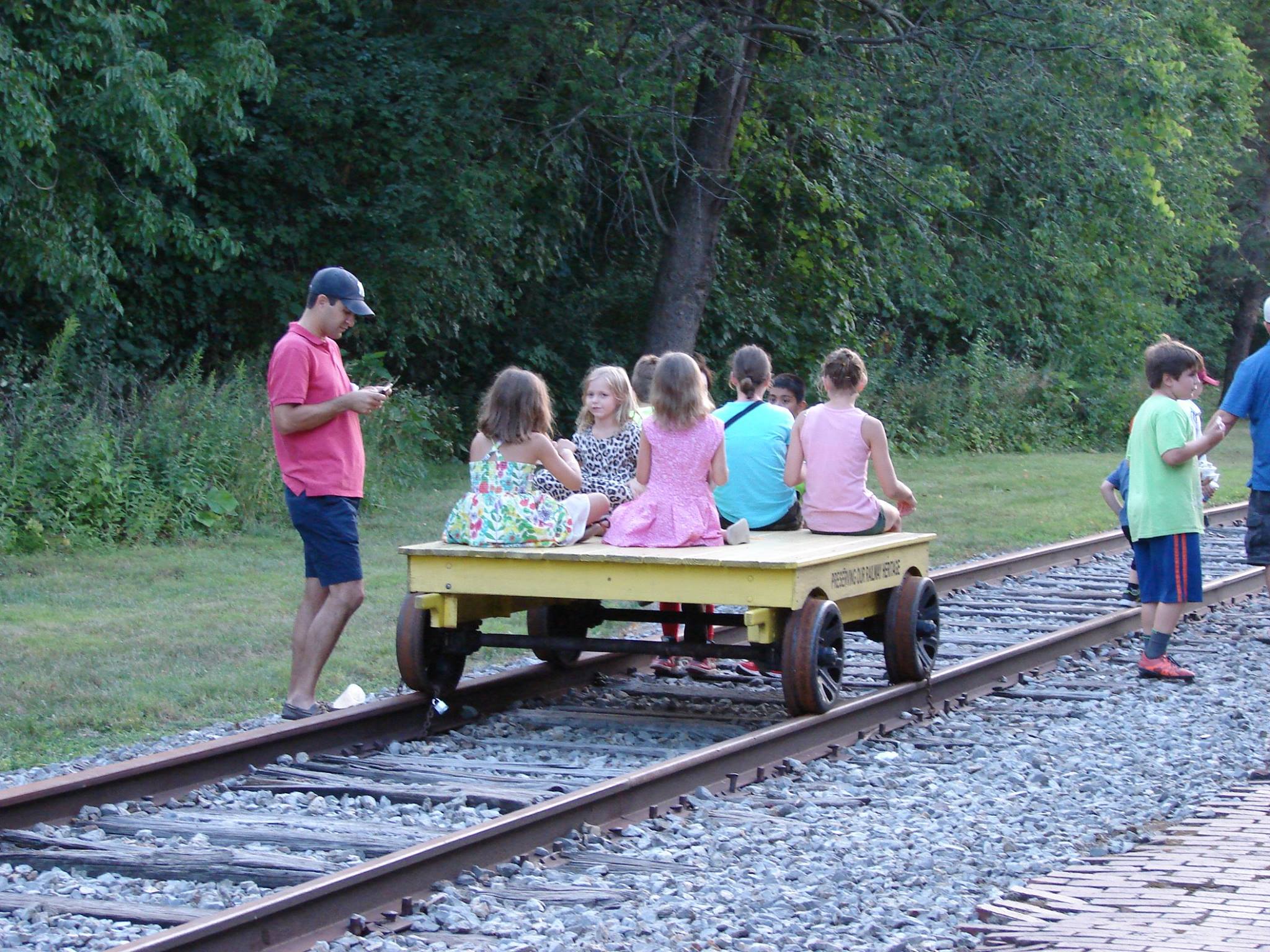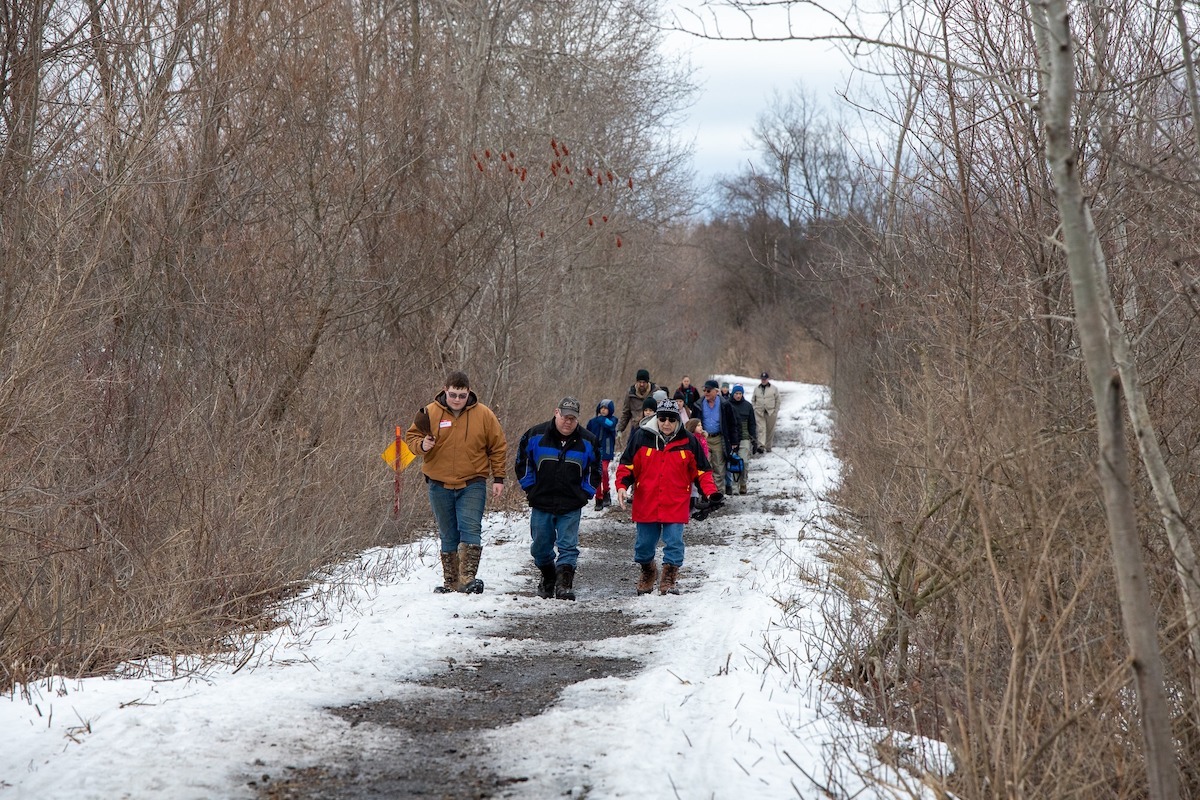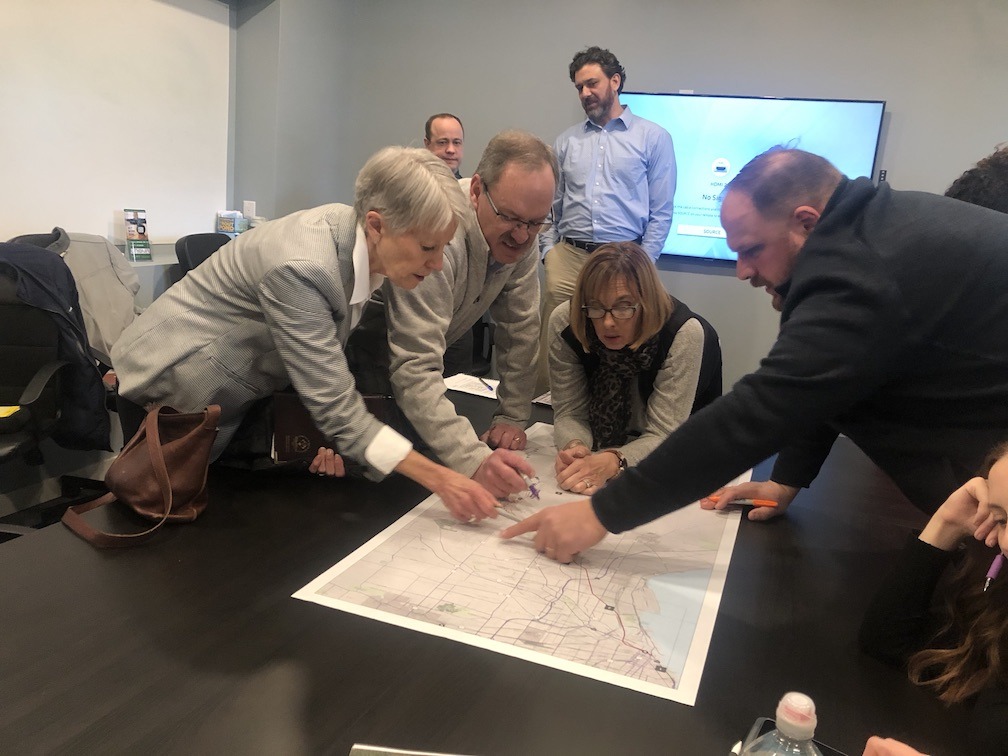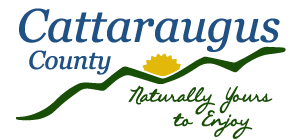Overview
olliers Engineering and Design, in coordination with GObike and Cattaraugus County, will complete engineering and design of the Cattaraugus County portion of the Southern Tier Trail, running approximately 52 miles through 11 municipalities and the Seneca Nation of Indians. The Engineering and Design phase of the project includes finalizing trail alignment, environmental review and permitting, full design of the trail (including trailheads and amenities), an operations and maintenance plan, and construction-ready documents.
This phase builds off of the 2021 Southern Tier Trail Feasibility Study, which outlines preferred alignments for the trail from the City of Buffalo to Hinsdale. The study was supported by funding from the Ralph C. Wilson, Jr. Foundation and the Ralph C. Wilson, Jr. Legacy Funds administered by the Community Foundation for Greater Buffalo.


